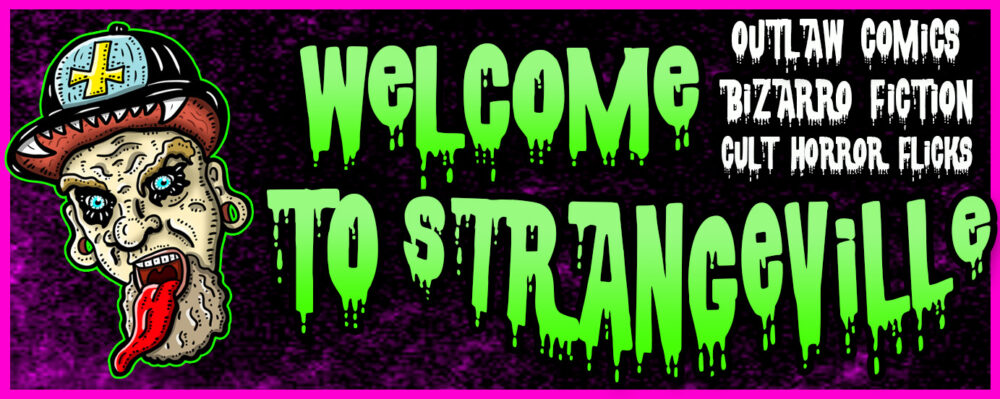Author’s Note: This is the fifth part of an ongoing series. My intent is not to bring attention to myself nor to any particular party. You’ll notice I speak here in generalities. I refuse to participate in the same witch hunting that is ruining our online communities. My intent is to raise awareness of the inherent problems of public shaming so that we ALL may back away from the practice. To catch up, you can find part 1 here, part 2 here, part 3 here, and part 4 here.

Up to this point, I’ve talked about all of the reasons NOT to go witch hunting in our online communities. I’ve detailed and outlined tips to survive a public reputation lynching and now I’m going to talk about steps we as members of our internet communities can actually take to help the REAL victims of REAL crimes that occur under our watch.
Harassment is a crime. Sexual assault is a crime. Fraud is a crime. Targeted workplace discrimination is a crime. There are real laws and real punishments for these real offenses.
Our social media witch hunters owe it to the real victims of these actual crimes to do more than post on facebook or their blog or their internet radio show. They owe more to real victims than to publicly spread the names of their targets with the word ALLEGED in front of them.
This solves nothing.
This, in fact, does more harm than it does good. What it shows is that rape and sexual assault and fraud and discrimination are worth no more or less punishment than our sports fan uncle shaming his best friend on the internet when his favorite team loses a ball game. Same tools. Same intent to shame. Same outcome. Which is to say the outcome is non-existent.
You see, taking the time to actually follow through with real police reports, or taking the stand in real trials as defense witnesses in real criminal cases is FAR more responsibility than the average social media witch hunter is willing to commit to. So what does that say about THEIR virtue?
A friend of mine was assaulted at a convention last year. She was punched in the face by a drunk douchebag. Her best friend caught it all on snapchat. She saved the video. She went with the victim to the police station to help file charges and she acted as a character witness. THAT is how you help a real victim of a real crime in our communities.
You want to help? Make it known that you’re a person at a convention or as part of your online community that can be contacted by victims in the event a crime has occurred.
NOT with the intent of publicly shaming the perpetrator but rather to help confused or scared victims know their rights and the tools at their disposal. Have on the ready information that will help get the victim in contact with the closest police precinct so that they can file charges or orders of protection against the perpetrator.
I’ve heard far too many people appear on podcasts claiming to be physical witnesses to crimes who then stood by and did nothing to help the victim file charges. Sometimes there are three, four, five alleged witnesses to these crimes. And not one of them had the forethought to, I don’t know, grab their phone and call the police?
If we witness something in public that doesn’t warrant us to immediately pick up the phone and call the police, then it isn’t worth running our mouth on social media about either. That’s just gossip. That’s character assassination over gossip.
I’m sorry, but blasting someone on social media or a podcast is not brave and it’s not responsible and it does the OPPOSITE of helping victims. It’s a way to collect virtue points with the electronic gods of the church of social media and nothing more.
There are REAL and tangible ways we can help victims and make sure that perpetrators of crimes are punished by the real consequences of real laws. Want to be a protector of our communities? Step up and take on the real responsibility of it. Period.
This concludes my series on social media witch hunting. Thank you for reading.


